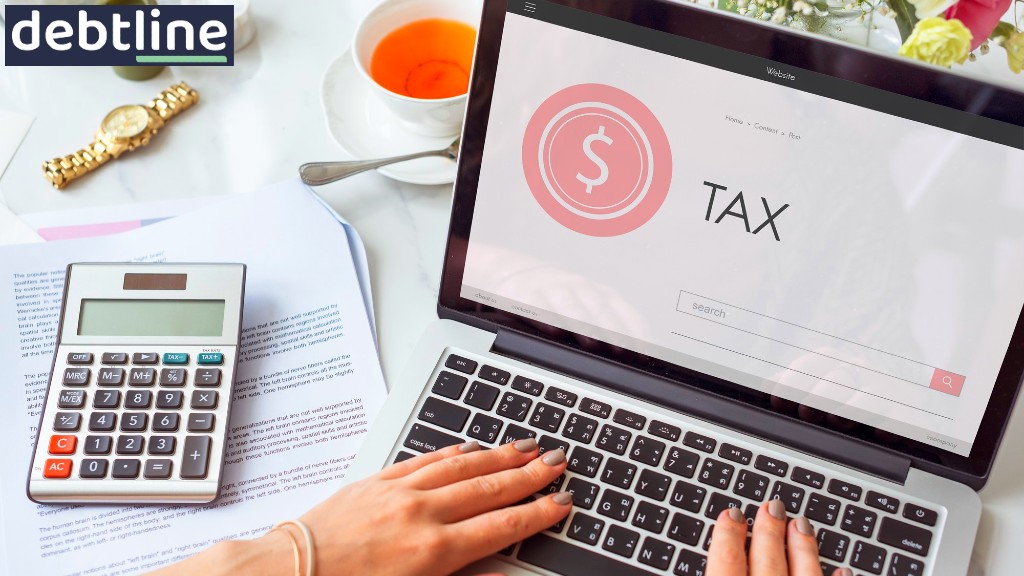The Reality of Taxes and Debt in South Africa

The reality of debt and taxes can be quite daunting for South Africans navigating their finances. Luckily, there are some steps you can take to prepare yourself and your finances for the tax changes.
The Implications of Debt and Tax Adjustments on South Africans
If the tax brackets and rebates don’t adjust for inflation it will mean that the income thresholds for the different tax rates will remain the same.
With income increasing due to inflation or salary raises, you might be moving into a higher tax bracket, which means a higher percentage of your income will go to tax. If the tax brackets don’t adjust, South Africans may eventually pay a higher tax rate.
Read: No Inflation Relief for South African Taxpayers
The medical tax credit is deducted from your tax liability, and the amount depends on how many people are registered on the medical scheme. If the medical tax credit is not adjusted with inflation, then you may receive a smaller credit due to the rising cost of medical expenses, which could, in turn, have a big impact on your disposable income.
The different tax adjustments may impact your disposable income overall. If your tax liability increases with inflation and medical tax credits stay the same, you will have less money available to cover other expenses. It’s important to budget and understand how all tax changes will impact your financial situation.
Impact on the Economy
These tax adjustments can also impact economic behaviour, as higher taxes may lead to less investment or spending. Lower taxes, on the other hand, can stimulate economic growth.
Read: 7 Tax Changes South Africans Need To Know About
In short, the tax adjustments have a large impact on consumer behaviour, finances and healthcare costs.
How to prepare for tax changes:
- Keep track of all proposed changes by the government.
- Review your budget to fit the tax adjustments.
- Adjust your withholding tax (PAYE) to align with your new tax bracket.
- Try to minimise your tax deductions and credits to reduce your tax liability.
- Explore tax-advantaged accounts like retirement funds that can lower your taxable income and provide long-term benefits.
- Seek professional advice and assistance.
Debt Factors
While the nominal income is around 7% higher than that of 2016, one should consider the cumulative inflation of 24%. If this is taken into consideration, real incomes have shrunk by 17% over the years, and many consumers are pushed towards borrowing to close the income gap.
According to the statistics, even those with a net income above R20,000 are spending over 60% of their monthly net income on service debt. Unsecured debt levels have also increased significantly over the past eight years.
Read: Bad News for South Africans Earning More than R20k
According to a report by McKinsey & Company, 87% of consumers consider their current economic situation tense. In this research group, 13% of consumers are in crisis, and a further 32% are having a hard time making ends meet.
The reality is that more and more South Africans are being pushed towards cutting back on their everyday expenses, savings, and healthcare and education costs in an effort to cope with the stress of building debt and tax changes.
Considering Debt Review?
There is a 60% rise in interest on debt relief services, and many South Africans are considering or undergoing Debt Review.
Debt review is a legal process regulated by the National Credit Regulator (NCR). You are provided with assistance to manage any overwhelming debt. You are also protected from things like legal action, harassment from creditors, and repossession of your belongings.
Read: How To Tackle South Africa’s Biggest Financial Challenges
When you’re under debt review, you will be listed on the credit bureau, which will indicate that you are actively working to manage your finances. During debt review, you pay the counselling fees and the instalments agreed upon.
What Debtline Can Do For You
Debtline is a registered provider that provides access to NCR-registered counsellors, debt relief programs tailored to your needs, and assistance and protection during debt review.
You can contact the Debtline team via the contact form to receive a free callback and start your journey to financial freedom.